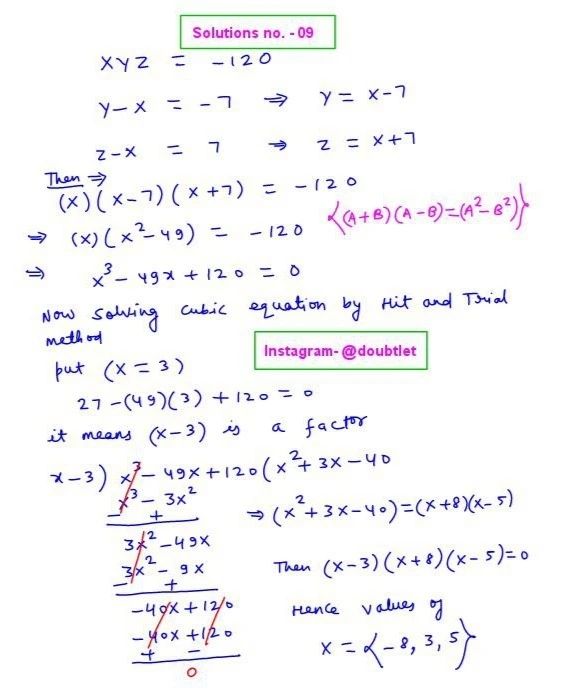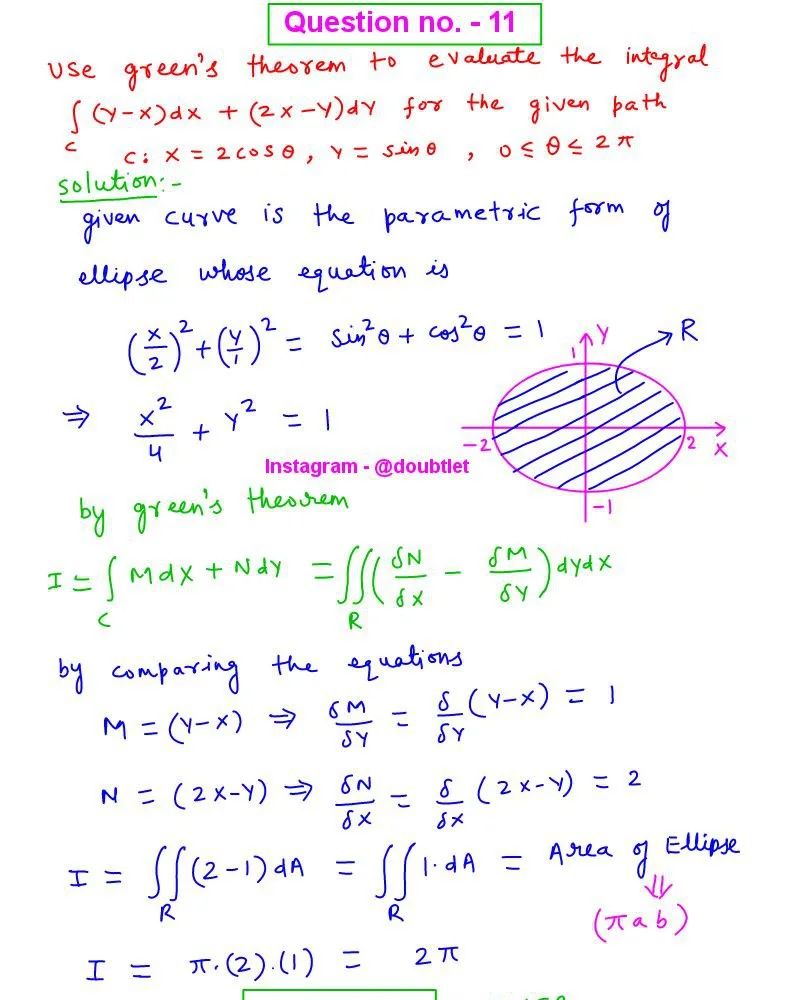









Area of Regular Pentagon Calculator
This calculator will help you to find the Area of the Regular Pentagon if Perimeter and length of Apothem with the steps shown.Related Calculators:Area of Regular Hexagon calculator
Loading...
Loading...
Area of a trapezium
Area of a triangle
Area of the triangle (Heron's)
Area of a parallelogram
Area of an Equilateral triangle
Area of an Ellipse
- 1. Introduction to the Area of regular pentagon calculator
- 2. What is the Formulae used ?
- 3. How do I find the area of regular Pentagon?
- 4. Why choose our area of regular pentagon Calculator?
- 5. A Video for explaining this concept
- 6. How to use this calculator?
- 7. Solved Examples
- 8. Frequently Asked Questions (FAQs)
- 9. What are the real-life applications?
- 10. Conclusion
1. Introduction to the area of regular pentagon
Here, we unravel the secrets of finding the area of regular pentagons. Whether you're a geometry enthusiast or a student looking to master mathematical concepts, this guide is tailored for you. Join us on a journey through the world of regular pentagons as we explore the intricacies of their area calculation.
A regular pentagon is a five-sided polygon with all sides and angles equal. Its symmetrical and harmonious design makes it an intriguing geometric figure, and understanding how to calculate its area unveils the mathematical beauty inherent in its structure.
2. What is the Formulae used?
The formula to find the area of a rhombus is given by:
, Where
P is the perimeter of the regular pentagon.
'l' is the apothem of the regular pentagon.
3. How do I calculate the area of a regular pentagon?
The following steps can be followed to find the area of the regular pentagon using its side:
First, find the measure of the apothem & perimeter of the regular pentagon.
Now, apply the above-given formula.
4. Why choose our Area of regular pentagon Calculator?
Our calculator page provides a user-friendly interface that makes it accessible to both students and professionals. You can quickly input your square matrix and obtain the matrix of minors within a fraction of a second.
Our calculator saves you valuable time and effort. You no longer need to manually calculate each cofactor, making complex matrix operations more efficient.
Our calculator ensures accurate results by performing calculations based on established mathematical formulas and algorithms. It eliminates the possibility of human error associated with manual calculations.
Our calculator can handle all input values like integers, fractions, or any real number.
Alongside this calculator, our website offers additional calculators related to Pre-algebra, Algebra, Precalculus, Calculus, Coordinate geometry, Linear algebra, Chemistry, Physics, and various algebraic operations. These calculators can further enhance your understanding and proficiency.
5. A video based on the concept of how to find the area of the regular pentagon.
6. How to use this calculator
This calculator will help you find a regular pentagon's area.
In the given input boxes, you have to put the value of the perimeter measurement and the apothem of the regular pentagon.
After clicking on the Calculate button, a step-by-step solution will be displayed on the screen.
You can access, download, and share the solution.
7. Solved Example
Find its area in a regular pentagon with a perimeter of 15 cm and an apothem of 3cm.
Given P = 15 cm, l = 3 cm
= square cm
8. Frequently Asked Questions (FAQs)
Can I use the same formula for any pentagon?
No, this formula is specific to regular pentagons with equal sides and angles.
Why is there a square root in the formula?
The square root accounts for the geometric properties of the regular pentagon, ensuring an accurate representation of its area.
What if I only know the apothem and not the side length?
The formula can be adapted to use the apothem (a) with
Is there an easier method to find the area of a regular pentagon?
The formula may seem complex, but it is derived to represent best the relationship between the side length and the area for regular pentagons.
Can a regular pentagon have different side lengths?
No, in a regular pentagon, all sides are equal, ensuring a uniform structure.
9. What are the real-life applications?
While regular pentagons might not be as common in daily life as circles or rectangles, they find applications in design and architecture. For instance, the Pentagon building in Washington, D.C., incorporates elements of a regular pentagon in its layout, showcasing the practical relevance of this geometric shape.
10. Conclusion
In conclusion, understanding how to calculate the area of a regular pentagon adds a layer of insight into the fascinating world of geometry. As you delve into the intricacies of this formula, may you find joy in deciphering the elegance embedded in the regularity of pentagonal shapes. Happy calculating!
This blog is written by Neetesh Kumar
If you have any suggestions regarding the improvement of the content of this page, please write to me at My Official Email Address: doubt@doubtlet.com
Are you Stuck on homework, assignments, projects, quizzes, labs, midterms, or exams?
To get connected to our tutors in real-time. Sign up and get registered with us.
Comments(0)













Leave a comment